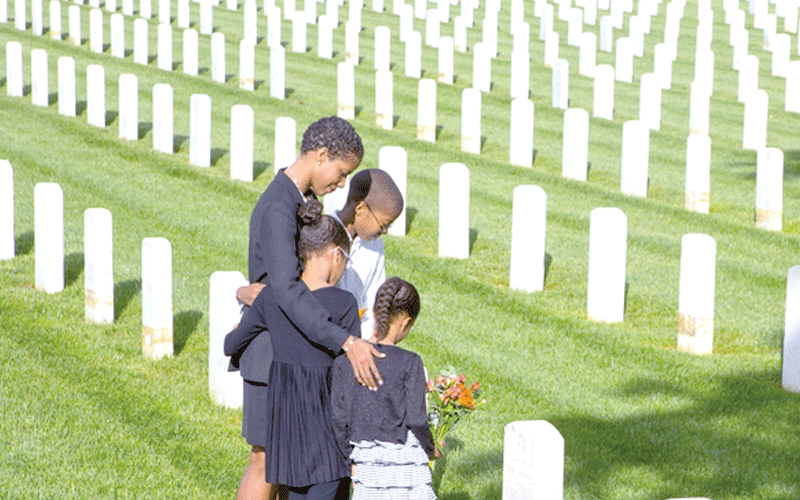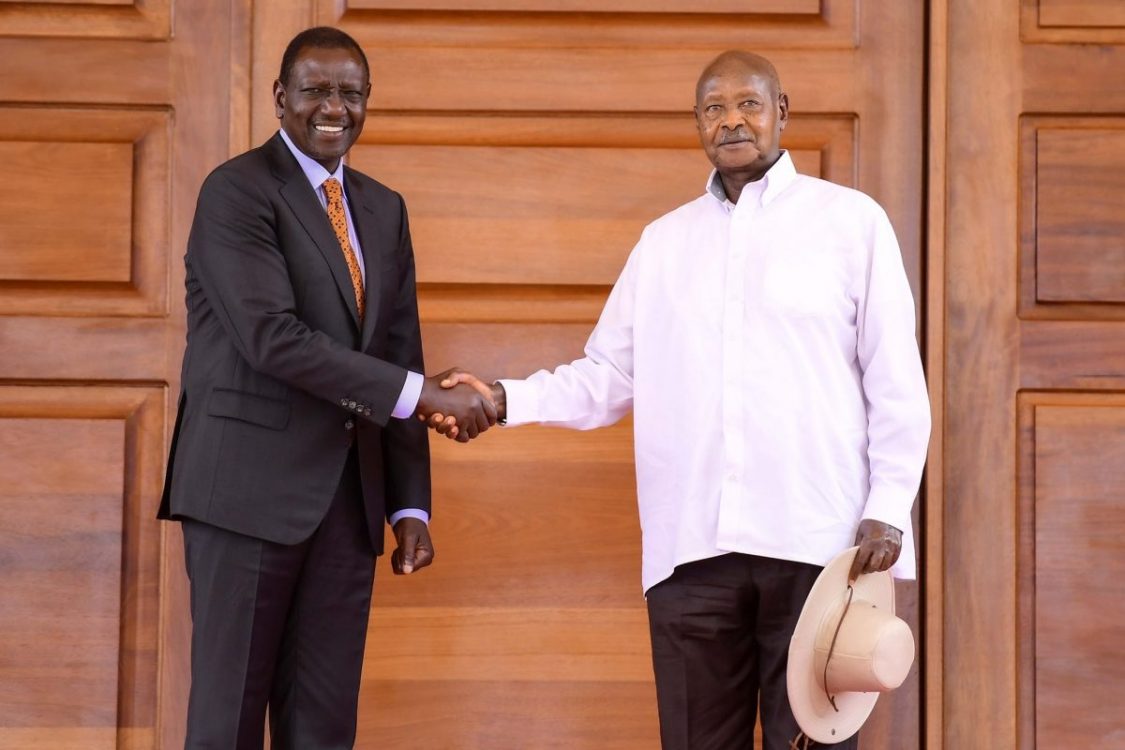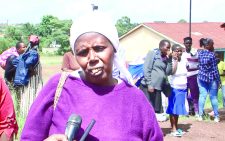Corona pandemic has seen abandonment of age-old rituals

Harriet James @harriet86jim
Rumours that people dying of coronavirus in European nations were being cremated was enough to create panic and fear that the same would happen in Kenya.
And while it’s still a wait-and-see situation, should the government’s directive for cremation for fear of spreading the diseases be the norm, the pandemic would have disrupted a major cultural rite.
Over the years, the topic of cremation has been a subject of debate bringing both cultural and religious beliefs to the fore.
“Africans believe that cremation is taboo and that fire is linked to total destruction. Destroying the body stops the person from being joined with the ancestors who have influence amongst the living.
A proper burial site in a grave that is constantly taken care of brings good luck to the family,” notes Gladys Nyachieo, a sociologist
Already, burial norms are being disrupted, creating confusion, pain and even anger. The recent burial of James Onyango, who succumbed to Covid-19, in Siaya, has caused a furore on social media.
Oyugi was wrapped in body bags and buried within hours of his death, causing Kenyans to question about the dignity of the dead.
This comes at a time when photos of burials from the West, where deceased are put in coffins and prayers are conducted with just a few family members seen to be the norm.
Rushed service
Sophie Wanjiku went home to bury her uncle during this period in Tinga’ng’a village in Kiambu county.
However, due to the restrictions, instead of the usual large number of mourers, only a few came.
“We were less than 10 people at the mortuary to receive the body. There was no viewing of the body. There wasn’t much to do, only a short prayer then proceeding to the burial site in the village,” she narrates.
In many African cultures, a huge number people often come to pay their last respect to the dead.
They believe it would bring bad luck if someone misses a funeral, especially that of an elder.
Funerals are also not rushed, allowing people to spend as much time with the bereaved family for the dead to be pleased and so that no misfortune follows mourners afterwards.
However, Sophia feels sad about how rushed the process was due to the virus.
“The church conducted the service in a record 30 minutes, with less than 20 people present.
No tributes, no speeches, only the reading of the eulogy, a very short sermon, vote of thanks, no surrounding the coffin for special family prayers, and within no time, the procession proceeded to the grave site,” she says.
As is normally the case, in the African culture, young men and older men ready to pick the shovels and inter the body.
However, this time round, because of limited number of people, both women and men had to participate in covering the grave with soil.
While it has no symbolism in the Kikuyu culture other than the fact that men are strong enough to do it, in some communities such as the Luo, men with pregnant wives are often barred from digging the grave as their wives would have premature births. Twins are also not allowed to do so as it brings bad luck.
No food was served to the few guests at Sophie’s uncle’s funeral, and soon after the short burial, it was time to go home.
While some communities believe in spending and celebrating to send off the dead and to appease the ancestors, Sophie is glad the budget was kept at minimum.
The major cost was the hearse and transport of the body from mortuary to home.
“I don’t think there’s any custom that was bypassed. Among the Kikuyu, especially my family most rituals are usually after the burial including deciding what happens in his home, and to his property. Those were not affected in any way,” she says.
The case is different for James Onyango, who lost his father after an illness on April 2.
The former teacher, aged 102, had many grandchildren, and close relatives would have wanted to have all those who mattered to him be there on his final day.
However, the burial took place one day after he was pronounced dead and without fanfare.
Bulls and he-goats
“In the good old days, bulls and goats would have been the hallmark of the celebration reminiscing his exploits that spanned three decades.
Being an elder, in the Kisii culture means his remains spend at least one night at his home before he was laid to rest, but it wasn’t done, “he explains.
The funeral was so brief that only family members, as per the government’s directive, were permitted to bury the old man.
With the aim of maintaining social distance, kin avoided embracing or shaking hands, something ingrained in African traditions, especially for mourners.
Though painful and difficult, Onyango believes this disruption will only happen during this pandemic and once it’s all over, those die-hard conservatives, will continue to uphold the old-age rituals.
However, Nyachieo forsees a new cultural order once the pandemic is over. According to her, people will continue doing what was deemed as a taboo once they see no negative consequence.
“They always say behaviour forms after 21 days. Whenever people find that the new way of doing things is better and simpler, they will leave the old habits. This is what I see happening after the pandemic,” she explains.















